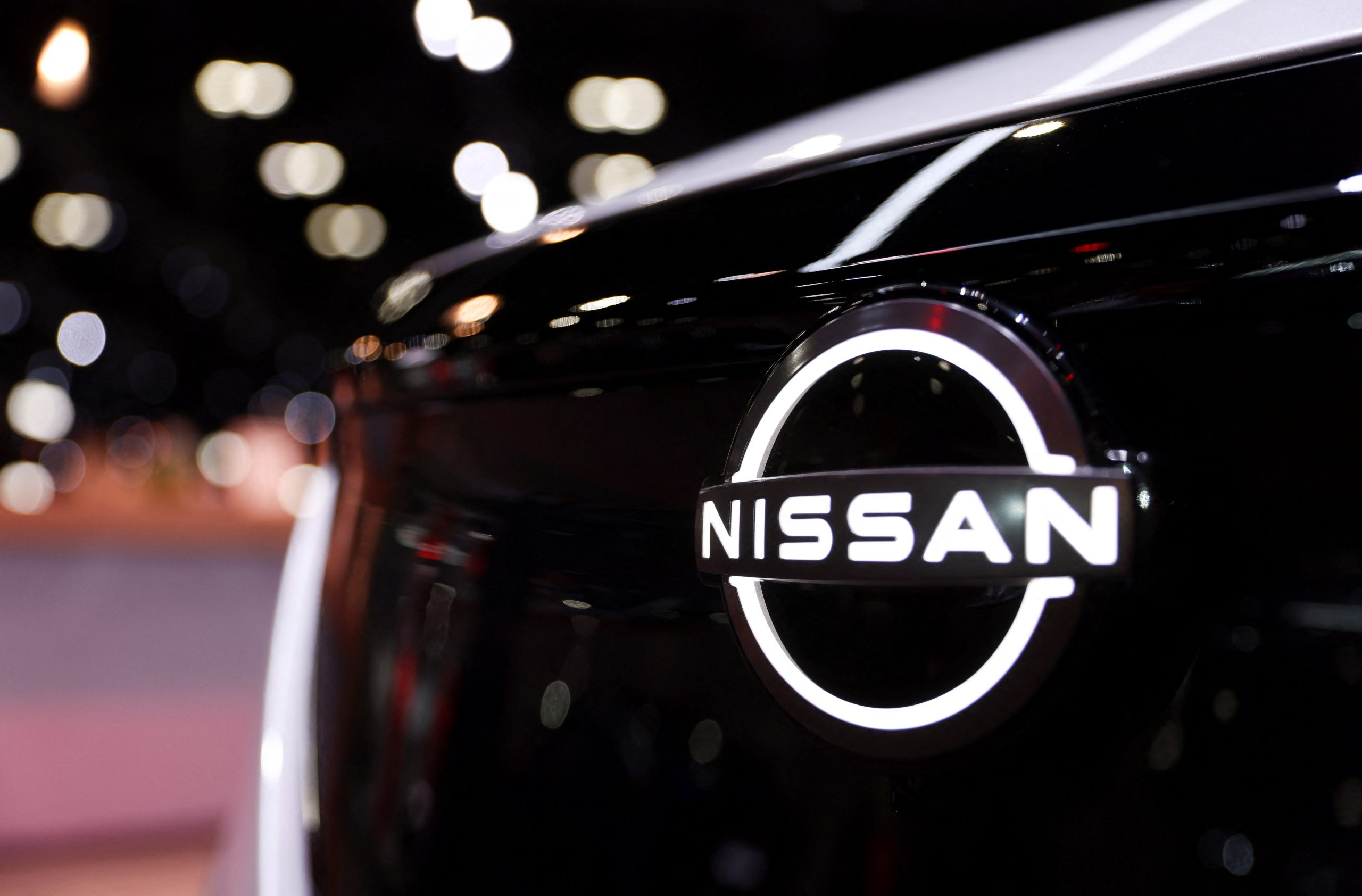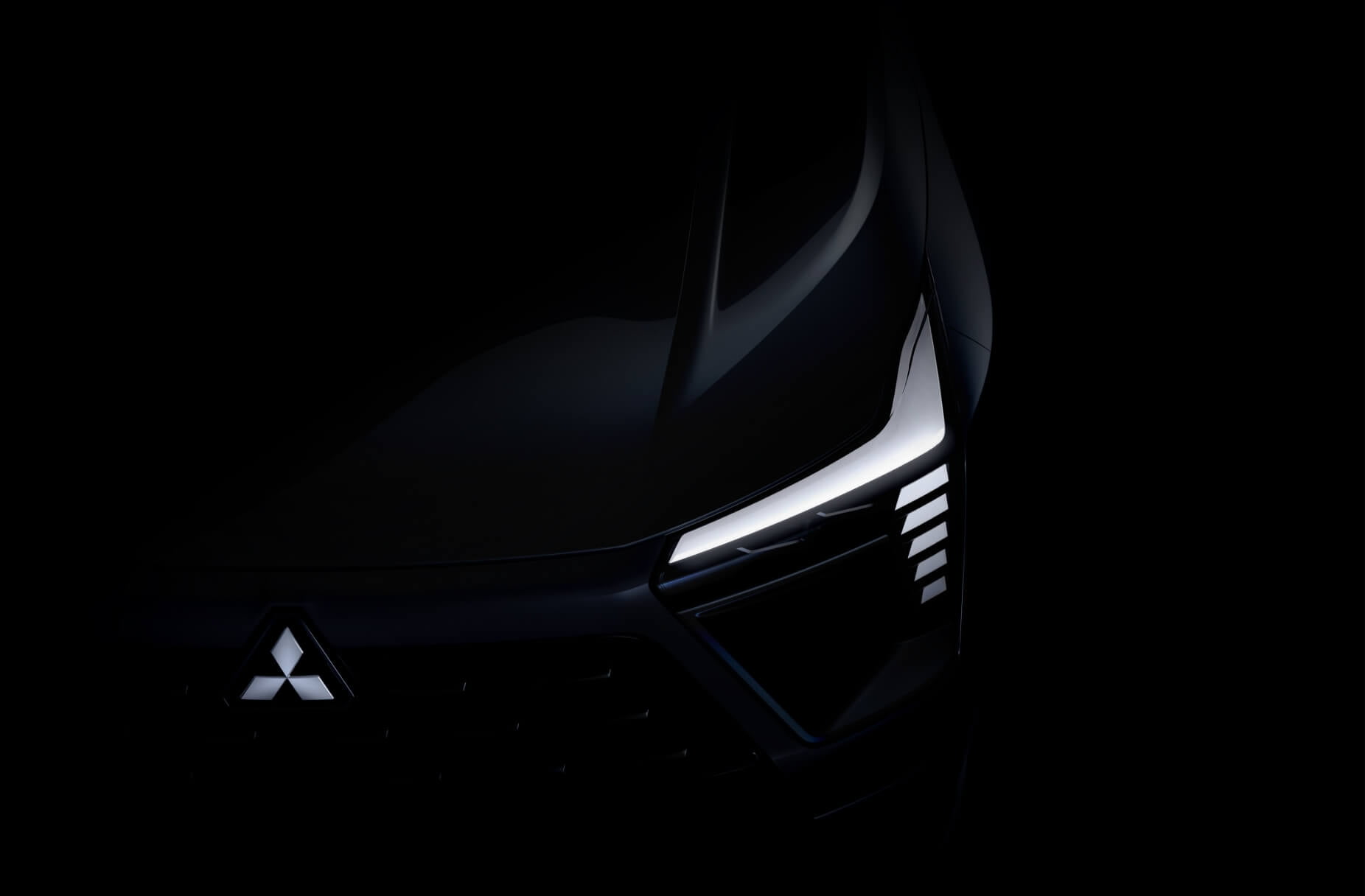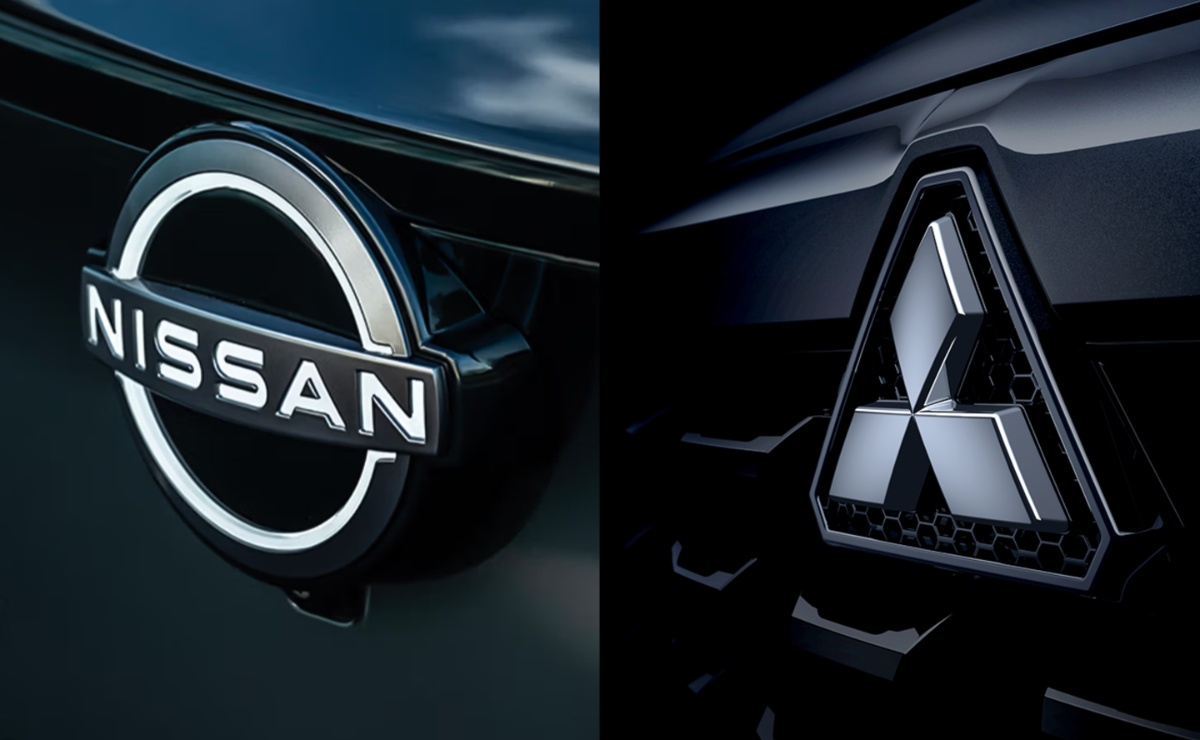Nissan Motor Co., Ltd. (Nissan) and Mitsubishi Corporation (MC) have inked a memorandum of understanding aimed at delving into a fresh collaborative endeavor in the realm of next-generation mobility and energy-related services, with a focus on electric vehicles (EVs). The objective is to play a role in tackling regional societal issues and fostering the development of dynamic future communities.
Japan is grappling with a range of challenges, including a diminishing population leading to shortages in drivers and a decline in the utilization of public transportation services. Both Nissan and MC have been actively involved in endeavors to tackle these pressing issues.

Nissan has been at the forefront of several initiatives, such as providing mobility services in Namie Town, Fukushima Prefecture, and conducting trials of autonomous driving in the Yokohama Minato Mirai District, all aimed at enhancing accessibility for more individuals.
Moreover, Nissan is working on developing energy management systems by harnessing the potential of EV battery storage and charging/discharging capabilities coupled with renewable energy sources.
MC, in collaboration with its partners and local authorities, has been addressing social and industrial challenges through various initiatives. These include leveraging regional energy resources, striving towards carbon neutrality, and endeavors to enhance community well-being by addressing local concerns.
In the mobility sector, MC has been expanding its efforts to ameliorate transportation challenges, including the introduction of AI-driven on-demand transportation services for local governments and private entities, exemplified by the case of Shiojiri City in Nagano Prefecture. Furthermore, MC has been conducting demonstrations of autonomous driving using digital solutions.

Anticipated challenges on the regional societal front include a rise in individuals facing transportation impediments, a reduction in essential services, weakened community cohesion, and the imperative of bolstering disaster preparedness measures.
Recognizing the gravity of these challenges and the need for novel technologies and service models to address them, Nissan and MC have committed to jointly crafting sustainable business models. By pooling their expertise and knowledge, both companies aspire to jointly commercialize next-generation mobility and energy-related services utilizing EVs, with an initial focus on the Japanese market.
Makoto Uchida, President and CEO of Nissan, expressed the company’s commitment to building a smart ecosystem that not only expands mobility options for people but also harnesses the potential of technology to benefit society at large.
He emphasized Nissan’s aspiration to contribute to the resolution of regional issues and the creation of forward-looking urban environments through innovative mobility services and energy management solutions.
Katsuya Nakanishi, President and CEO of Mitsubishi Corporation, highlighted the transformative changes underway in the mobility sector due to technological advancements and decarbonization efforts. He underscored MC’s commitment to collaborating with Nissan to explore sustainable business models that address Japan’s societal challenges, in alignment with its mid-term management strategy, MC Shared Value 2024.







